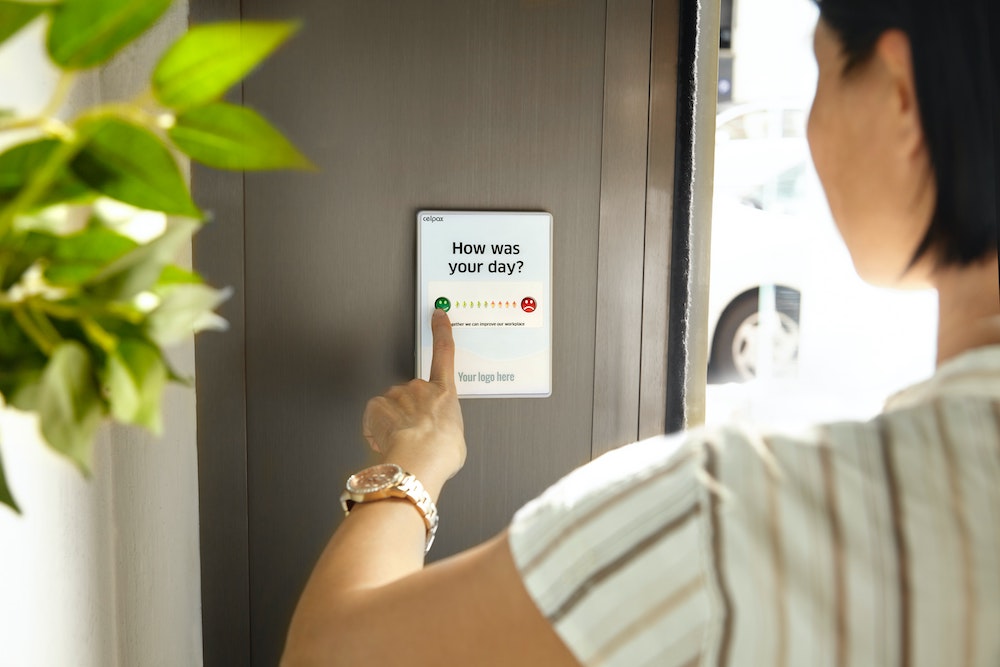A while ago I wrote about how employee utilisation is an HR problem not an accounts problem and it got me thinking about HR and accounts in general.
For a lot of businesses anything with numbers gets sent to accounts, in a lot of SME’s it’s broader then that, basically anything that’s not a sales inquiry gets flicked. I get it that a lot of SMEs have an accounts / administration department that works as a catch all to keep your front line people focused on clients, in the old days it used to be the owner’s wife, but is there a better way?
I now believe that if you are big enough to have in-house HR they should be responsible for your payroll. And that is usually a pretty big company, most people are better off with outsourced HR for a ton of good reasons. So if you’re not big enough to have dedicated HR you should outsource your payroll. Even if you do have in-house HR they should probably outsource payroll because the mechanics require specialised skills, not just software.
3 Reasons Why HR Should Manage Payroll
1) Compliance – I did payroll for years as a CFO but now I wouldn’t touch it with a barge pole. Awards and indirect taxes are a minefield for companies big and small. The two interrelate so much that they shouldn’t straddle HR and Accounts. Add to that the many different types of employment relationships: permanent part-time, contractor with an ABN, labour hire, casual, independent consultant, casuals that might in fact be permanent, start-up founders drawing dividends, gig workers, commission only, sweat equity. It’s more than a full-time job keeping up with it all.
2) Complexity – unlike compliance, payroll complexity is often a matter of choice, there are plenty of software companies out there that will tell you their product makes payroll easy, yet a lot of these systems take months to implement. Anyone that has been through a major software system change will know, from bitter experience, that you end up doing most of the work. Truth is, it has to be that way because software is only as good as what it is told to do and every business is so very different that payroll software can’t do it out of the box. You are not getting a solution, you are getting boxes of parts. if I want to be really cynical sometimes you don’t even get a set of proper instructions, or even symbols like IKEA furniture, because they rely on specialised set-up knowledge as a way to extract consulting / implementation fees. You should not expect a member of the accounts team, that processes financial transactions, to be able to manage such a project.
It reminds me of when photocopier companies started charging by the copy instead of maintenance call-outs. The machines went from constantly breaking down to super-reliable almost overnight.
I should say that there are a few AI based systems coming online that look to fix these issues. It will be interesting to watch the space along with automation in general.
3) Performance – I have saved the most important reason till last – employees are your biggest cost. No amount of turning off light switches is going to get you the same bang-for-buck as proactively managing people costs.
Organisation performance divided by people costs equals employee productivity
Productivity means doing things smarter, not just driving down wages or people working longer hours. If you see people constantly working long hours the organisation is probably unsustainable in the medium to long run.
HR, “human resources”, are responsible for helping management achieve productivity. Otherwise they are a waste of space worried about casual Fridays. Someone in the accounts department can’t know what constitutes performance for each type of person in your company, your HR should.
HR should work hand-in-hand with your line managers to monitor and improve productivity. To do that they need good market and competitor knowledge, good data and lots of experience.
It is people that will make or break your business. Focus on the people.
